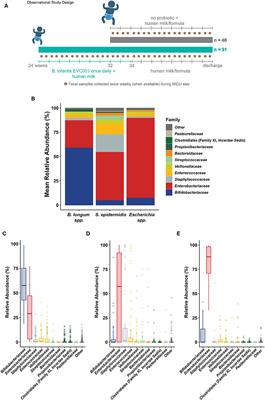EDITORIAL
Published on 07 Jun 2022
Editorial: Probiotics in Children Health
doi 10.3389/fped.2022.918877
- 1,603 views
14k
Total downloads
57k
Total views and downloads
EDITORIAL
Published on 07 Jun 2022
REVIEW
Published on 16 Feb 2022
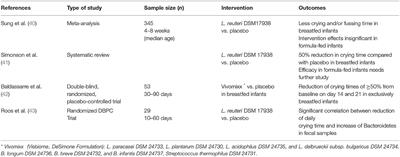
SYSTEMATIC REVIEW
Published on 22 Oct 2021
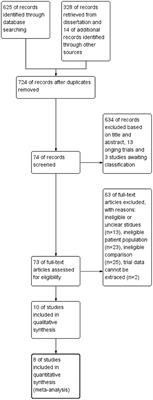
ORIGINAL RESEARCH
Published on 23 Aug 2021
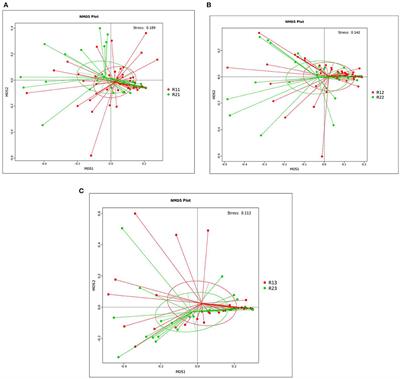
REVIEW
Published on 01 Jul 2021
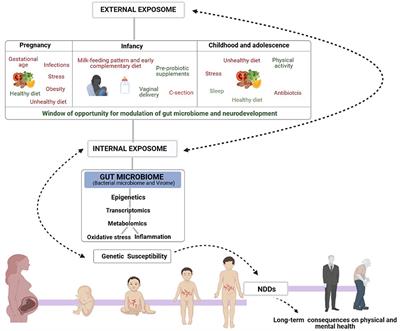
ORIGINAL RESEARCH
Published on 07 Jun 2021
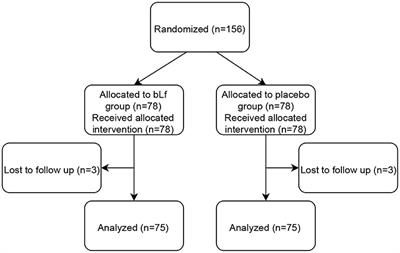
ORIGINAL RESEARCH
Published on 07 Apr 2021
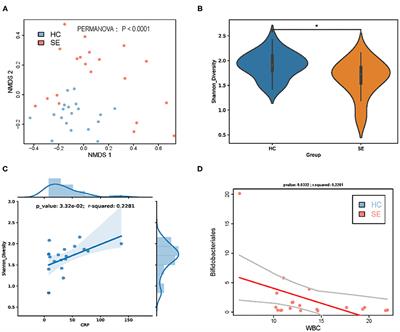
REVIEW
Published on 19 Mar 2021
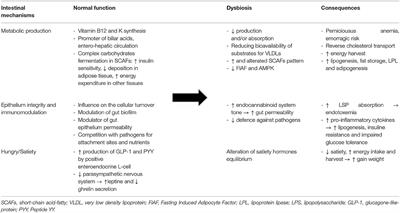
ORIGINAL RESEARCH
Published on 16 Feb 2021
